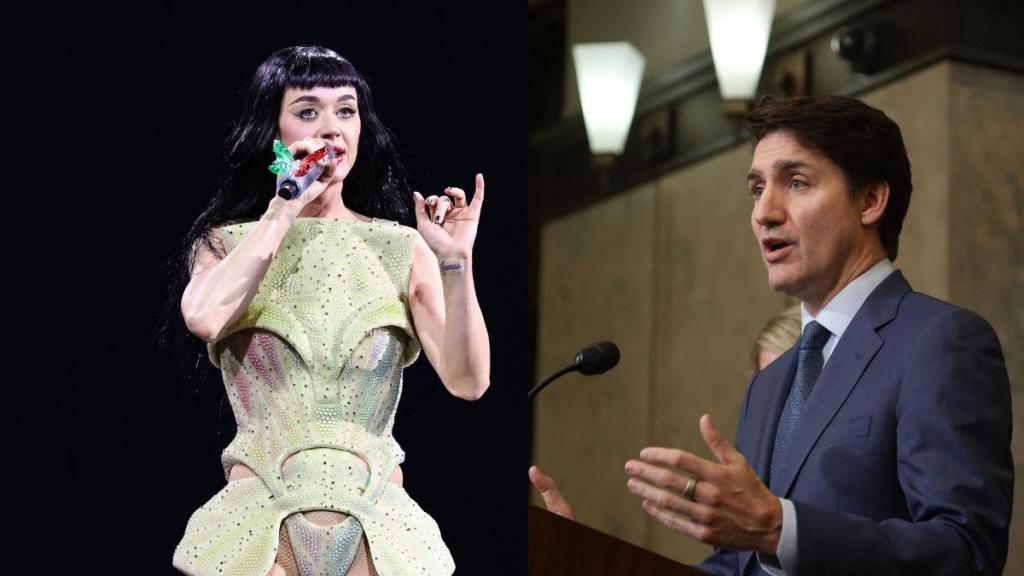A recent cultural phenomenon has seen the name “Jeff” evolve into a symbol of comedic folly, often portrayed as the butt of jokes across various media. Comedians and online meme creators have capitalized on this trend, leading many to wonder why the name has garnered such a negative connotation.
The trend appears to have taken off significantly in recent years, with social media platforms, particularly TikTok, featuring a series of memes that juxtapose impressive feats with humorous portrayals of individuals named Jeff. One popular meme showcases a large dog performing extraordinary jumps, followed by the punchline featuring a clumsy pug stumbling over its own tongue, ending with the line, “My name is Jeff.” This humorous representation has resonated with audiences, contributing to the perception of the name in a less than flattering light.
Historical Context of the Name Jeff
Historically, the name Jeff has roots dating back to the 9th Century among noblemen in Germany, where it meant “God’s Peace.” As the name transitioned to England, it was adapted into the more elaborate form “Geoffrey.” Individuals named Jeff were once viewed as sophisticated and cultured, contributing to the arts and serving in prestigious roles, including poets and royal advisors.
Prominent figures throughout history, such as artists like Michelangelo and Leonardo, have held similar names, further enhancing the name’s prestige. However, the modern era has seen a drastic shift in perception, particularly as a few infamous individuals—namely Jeffrey Dahmer, Jeff Bezos, and Jeffrey Epstein—have tarnished the name through their notorious actions.
The negative associations stemming from these figures have contributed significantly to the current cultural perception. While these individuals are outliers, their actions have nonetheless left a lasting impact on how many people view anyone named Jeff.
The Call for Redemption
Despite the unfavorable reputation that has emerged, not all individuals named Jeff align with these stereotypes. Many bear the name with pride and strive to contribute positively to their communities. Some engage in meaningful work, such as teaching and volunteering, illustrating that the name can be associated with positive contributions.
A humorous commentary from Jeff Lovett, who reflects on the situation, points out that while the name may have fallen out of favor, there is hope for redemption. He suggests that if more children were given the name Jeff, it could help restore the name’s reputation. Lovett humorously critiques modern naming trends, arguing that names like “Slayer” evoke far more sinister imagery than the simple name Jeff ever could.
As the trend of mocking the name continues, Lovett and others like him choose to embrace the humor while maintaining a sense of pride. They hold their heads high, recognizing that laughter is part of the human experience, even if it comes at their expense.
In conclusion, while the name Jeff may currently face ridicule and stereotypes, those who carry it aim to redefine its legacy through positive actions and contributions to society. As more individuals named Jeff strive to make a difference, perhaps the name will one day regain its former respectability.







